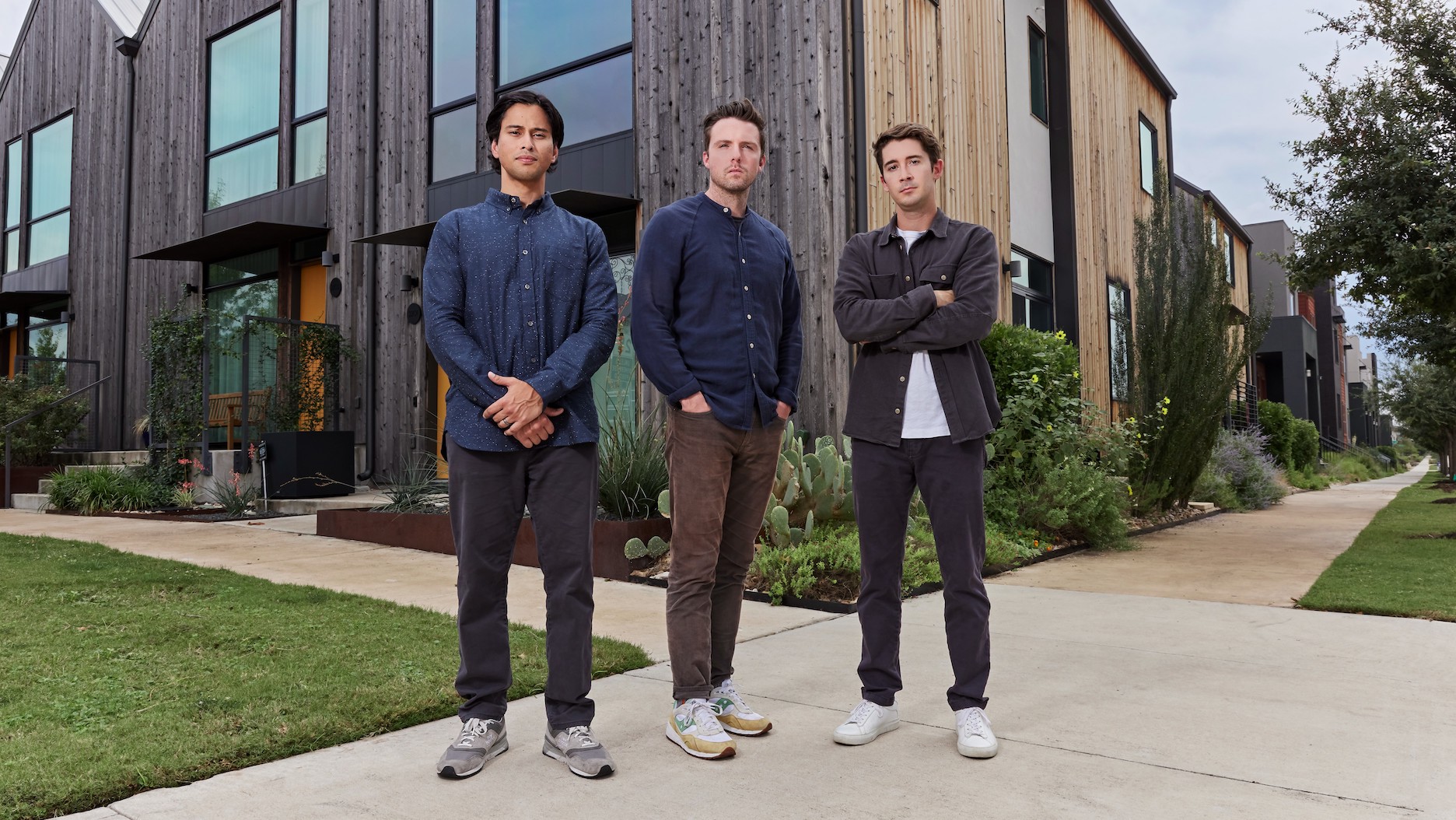A number of proptech companies help homeowners find their perfect house or real estate agents sell more. However, Cedar is targeting real estate developers with some software to reduce the cost and time it takes them to source and evaluate new housing projects.
In residential real estate, it’s often taking more time and money to acquire, design and permit a housing project than it is to actually build the home, company co-founder/CEO Kyle Vansice told TechCrunch.
This, and the global pandemic, are contributing factors to the U.S. housing market not keeping up with demand as the population has grown. In fact, the market here is short around 6.5 million homes, which has pushed home prices higher. At the same time, mortgage rates have gone up.
That has inspired some startup companies to take on the housing crisis over the past few years. For example, Veev raised $400 million last year for its proprietary building system. We also previously reported on 3D-printing homebuilder ICON’s $185 million Series D.
Cedar identified this phenomenon, particularly in urban infill development, which is a way of adding housing to already developed neighborhoods to increase density, and decided to build software to solve this issue.
“It became obvious that productizing housing was a more exciting problem to solve,” Vansice said. “Our cities are 80% housing and it is the most overlooked real estate typology, and there is no software for it to help that isn’t focused on luxury or high-rise.”
Real estate developer turned prefab home builder Veev closes on $400M in fresh funding
How it works
Vansice and co-founders Nate Peters and Rahul Attraya met in architecture school, and even back then were thinking about designing with code and algorithms, also known as generative building design.
Vansice explained that today’s architecture firms use AutoCAD and other technology, but much of the work is still being designed on pencil and paper. Not that this is bad, Vansice says, however, when working at global architecture firm SOM on even taller buildings, the trio questioned if that was “the highest and best use of the skill set.”
Cedar’s platform pulls in public data and mixes it with proprietary data and generative algorithms to assess a piece of land or property and generate an array of possible building designs to maximize the potential financial value of a property.
The company estimates this will save months of work and hundreds of thousands of dollars on each development project while improving the evaluation time by 10x.
Cedar makes money in a few different ways: First is the primary model of site-based analysis for customers on all the development scenarios available for a piece of property. The second is working with city councils and economic development entities to analyze the implications of various code amendments.
The company has around 15 launch partners and is generating revenue, though Vansice was mum on the specifics.

Austin as a test case
Vansice and Attraya moved to Austin, Texas in 2020 to test out Cedar’s theory. Vansice explained that American cities, post World War II, mainly developed on single-family home zoning. However, in the past 30 years or so, there’s been a shift in people wanting to live in denser, more mixed-use areas so they can live, work and play in the same area. He sees Austin “as a battleground” test case for a city looking to densify the urban core rather than sprawl horizontally.
“We wanted to start by digitizing the land development code in Austin because it’s so complicated,” Vansice said. “Austin is really emblematic of what we see is a major shift in the way American cities are going to be developed. Developers are always saying the development code is the No. 1 blocker to getting more houses built.”
Austin isn’t alone. Cedar has identified places like Dallas, Seattle and Los Angeles working to grow similarly. These are cities where Vansice said, “there’s clearly an affordability crisis.”
Today, the company announced it closed on $3 million in seed funding. The round was led by Caffeinated Capital and included participation from developer Tishman Speyer, Kojo CEO Maria Davidson, David Rubenstein via Shorewind Capital and Alumni Ventures.
Cedar has coverage across Austin now, however, the new capital will enable the company to work on technology development and expand to more cities over the next 12 to18 months.
“Right now we do anywhere between five and 10 sites with deep diligence and deep analysis on a monthly basis,” Vansice said. “Over the next year, we want to get back to 100 sites a month. Similarly, real estate developers are looking at 10 projects now and we want them to be able to look at 100 projects in the future. This is because they’re going to find better projects with more diligence, and it’s going to increase the efficiency of the real estate market more broadly.”
Proptech still has fundamental problems for entrepreneurs to solve































Comment